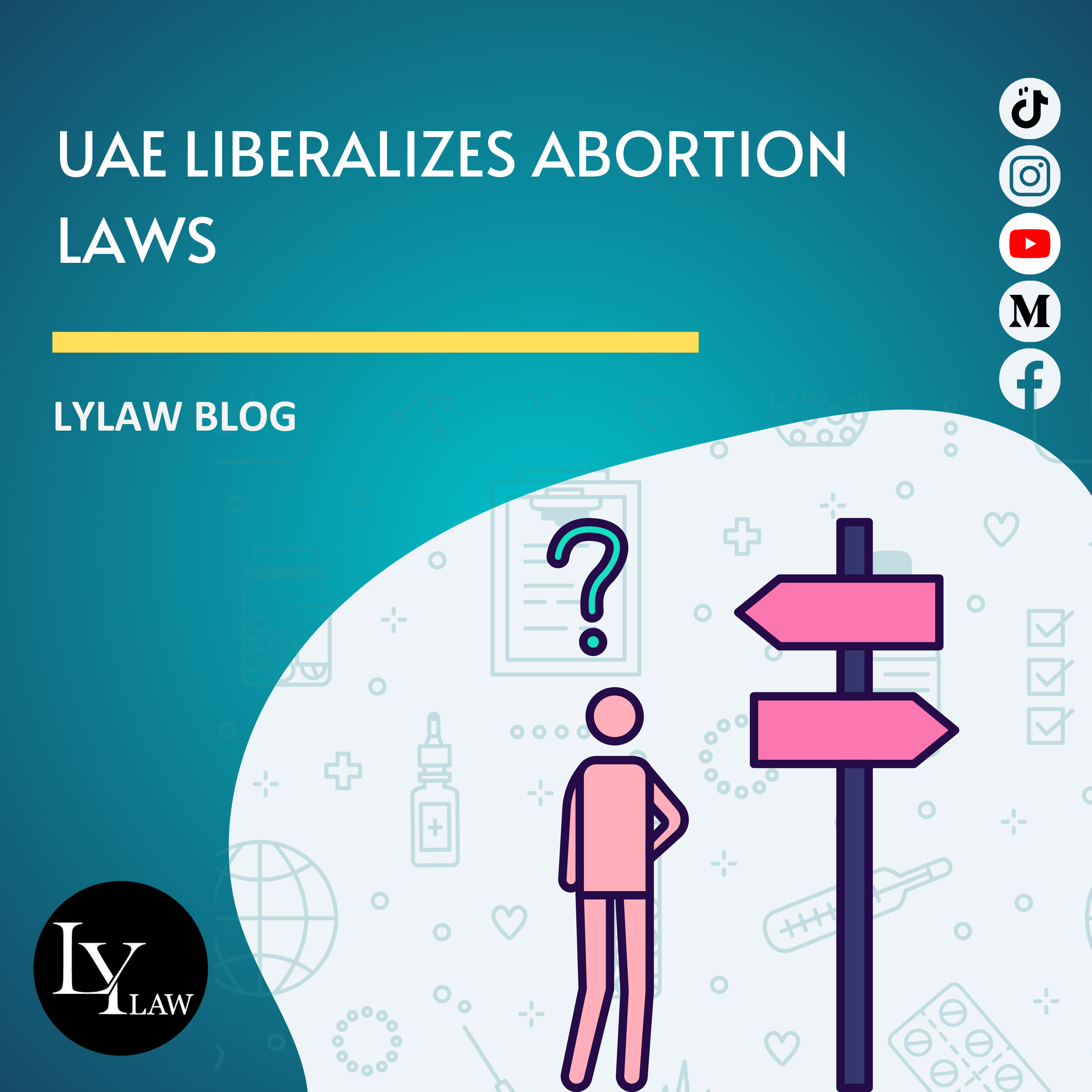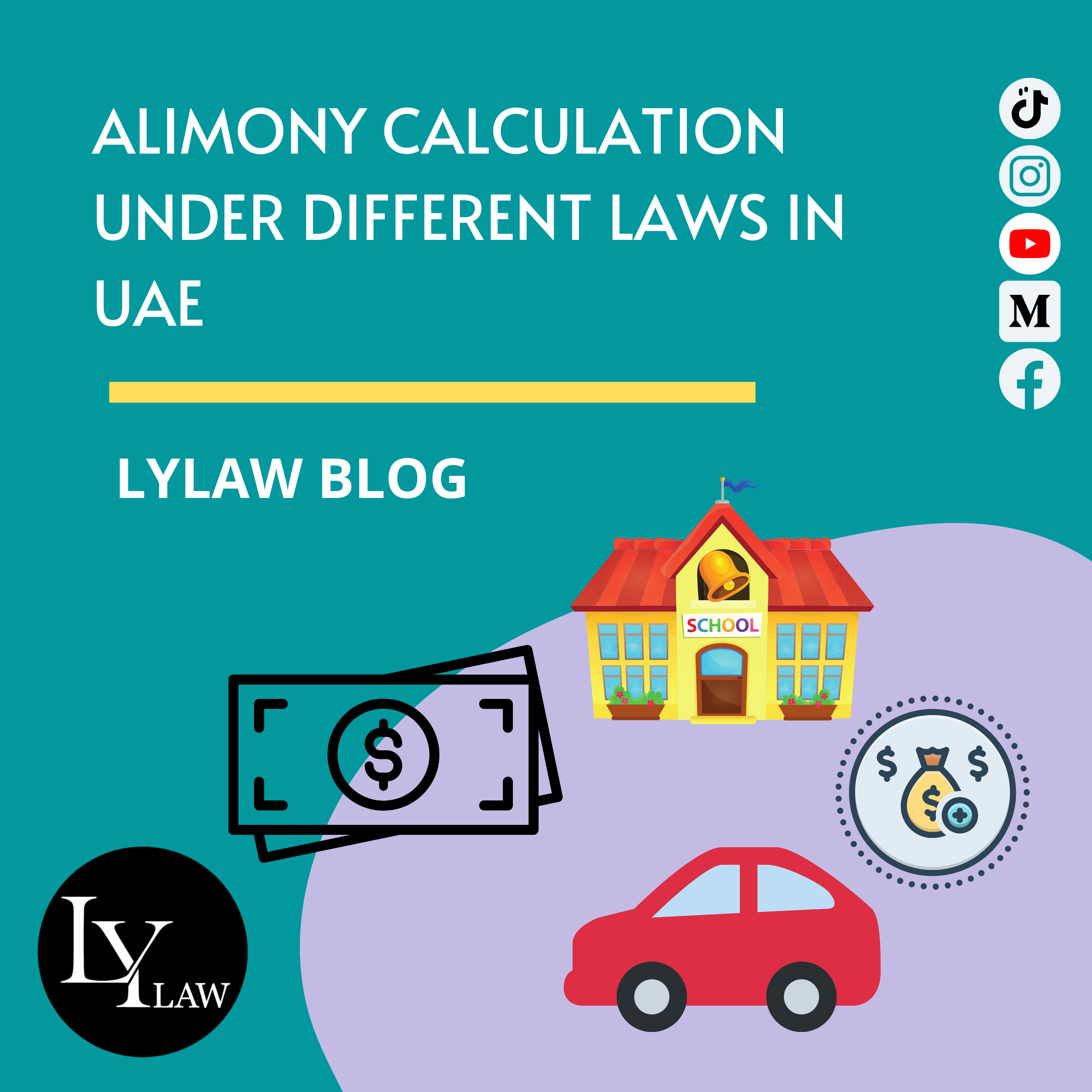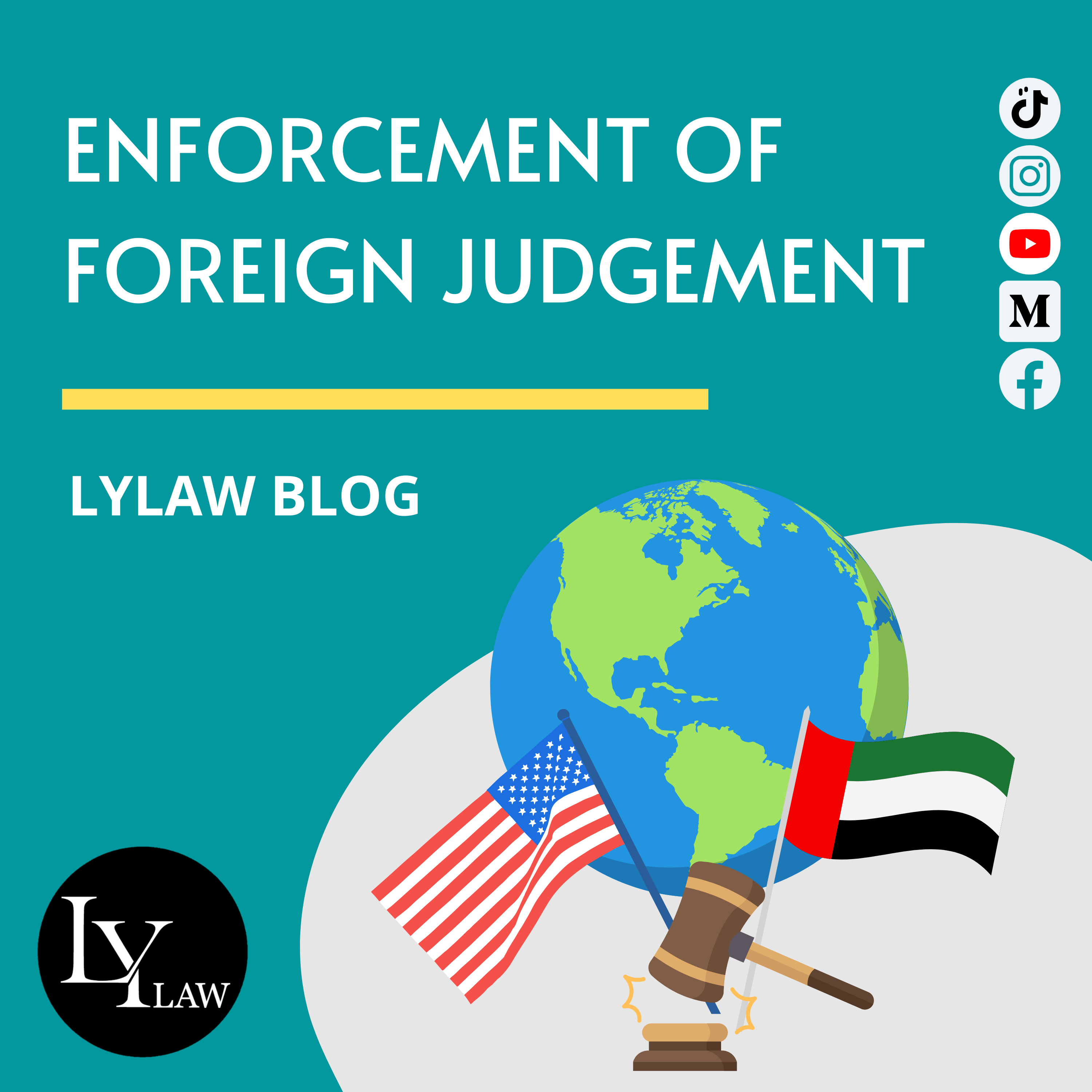Major Legal Shift: Cabinet Resolution No. 44 of 2024
The UAE has liberalized its stance on abortion with the issuance of Cabinet Resolution No. 44 of 2024 regarding determining the cases of permissibility of abortion. Effective June 21, 2024, this resolution represents a major shift from the previously strict laws in the expansion of the circumstances that are now permissible regarding abortion.
Key Changes Under the New Resolution
Expanded Permissible Cases
The new resolution adds three new cases where abortion is permissible:
- Non-consensual Pregnancy: The pregnancy is as a result of an act committed without her will, with forced or unreliable consent—more specifically, as a result of rape.
- Incestuous Pregnancy: The person who impregnated the woman is a family member or a mahram—a father, brother, uncle, or grandfather.
- Spousal Request: Abortion can also be performed at the request of both spouses, with the approval of a specialized medical committee.
Comparative Analysis: Previous vs. Current Legal Framework
Previous Legal Restrictions
Prior to this resolution, the UAE laws on abortion, under the Medical Liability Law governed by Federal Decree-Law No. 4 of 2016, were very restrictive. Abortion was permissible only under two conditions:
- Threat to the Mother’s Life: If the pregnancy posed a serious threat to the life of the mother.
- Fetal Abnormalities: If severe fetal abnormalities were confirmed by medical reports and the pregnancy had not exceeded 120 days.
Liberalized Approach
In the new resolution, the UAE expands those cases to show its progressive attitude. This alteration secures, or should so do, women’s health, safety, and stability with clear guidelines on expanding the conditions that would allow abortion.
Medical Committees
The Resolution requires that a medical committee (“Committee”) be established under each health authority to sanction abortions. The committees shall be composed of three doctors, one of whom shall be a specialist in the field of obstetrics and gynecology. These committees are to sanction or refuse abortion requests on the basis of valid medical reasons.
Detailed Conditions for Abortion
Under the resolution, nine detailed conditions have been laid down that must be fulfilled before an abortion is performed:
- The medical institution has to be licensed to perform abortions.
- The abortion must be performed by a specialist in obstetrics and gynecology
- The abortion must be performed without placing the pregnant woman’s life in danger
- The abortion must be performed within 120 days of pregnancy.
- The pregnant woman’s written consent will be necessary before the procedure is done. In case her consent cannot be obtained, this can be given from the husband or the woman’s guardian. No written consent is needed for emergencies.
- A non-Emirati pregnant woman has to have valid residency for at least a period of one year from the date of application for an abortion.
- The medical institution’s in-charge doctors must submit a detailed report regarding the pregnancy and abortion in question.
- The Committee must sanction the abortion in question.
- The pregnant woman must be given medical and social consultations before and after the abortion.
Objective of the Resolution
The resolution ostensibly has a twofold objective:
- Protect Women’s Health and Safety: Through specification and demarcation of conditions, restrictions, and procedures for permissible abortion cases.
- Curbing Illegal Practices: The intent is to restrict hazardous illegal abortions.
Conclusion
Where Cabinet Resolution No. 44 of 2024 has enlarged the scope of permitted cases of abortions and laid down a comprehensive system for women’s health and safety, it has been considered a significant liberalization of the UAE’s abortion laws. This progressive change is representative of the UAE’s commitment to handling sensitive health issues within a regulated and protective legal structure.




